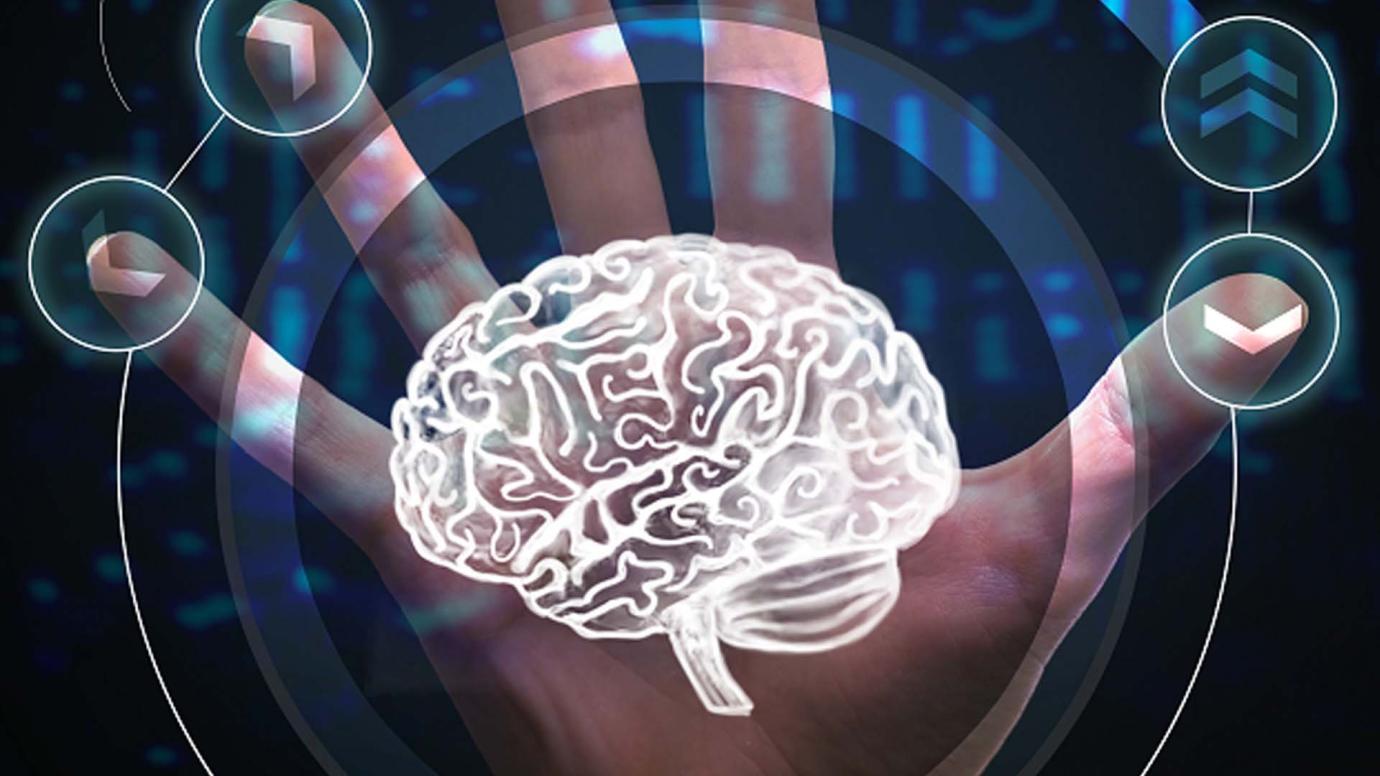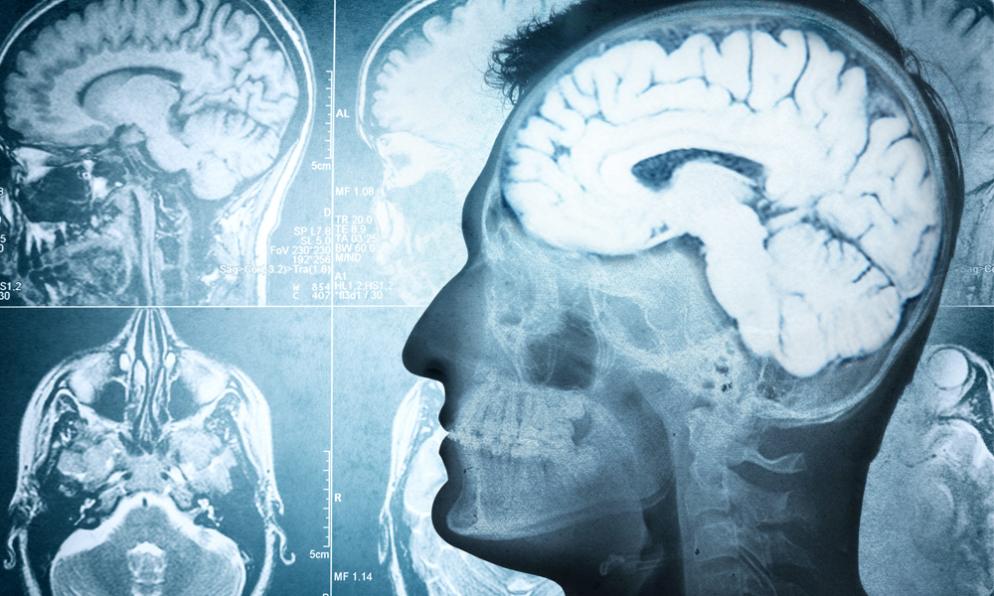What Are the Most Common Misconceptions About the Brain and How Can Neuropsychology Help Correct Them?
The brain is one of the most complex and fascinating organs in the human body. However, there are many common misconceptions about the brain that can lead to misunderstandings about how it works and how it affects our behavior. Neuropsychology is a field of study that focuses on the relationship between the brain and behavior. Neuropsychologists use a variety of methods to assess brain function and to understand how brain injuries and disorders can affect cognitive abilities.

Common Misconceptions About The Brain
Myth: The Brain Is Like A Computer.
- Misconception: The brain is a simple information-processing machine that can be understood by comparing it to a computer.
- Truth: The brain is a highly complex and adaptable organ that is constantly changing and reorganizing itself. It is capable of far more than simply processing information; it is the seat of our consciousness, our emotions, and our creativity.
Myth: We Only Use 10% Of Our Brains.
- Misconception: Most of the brain is unused or dormant, and we only use a small percentage of it.
- Truth: Brain imaging studies have shown that even simple tasks require the activation of multiple brain regions. The brain is constantly active, even when we are sleeping.
Myth: The Left Brain Is For Logic And The Right Brain Is For Creativity.
- Misconception: The brain is divided into two hemispheres, with the left hemisphere responsible for logical thinking and the right hemisphere responsible for creative thinking.
- Truth: The brain is a highly interconnected organ, and both hemispheres are involved in most cognitive processes. There is no clear division of labor between the two hemispheres.
Myth: Brain Size Is An Indicator Of Intelligence.
- Misconception: People with larger brains are inherently more intelligent than people with smaller brains.
- Truth: Brain size is not a reliable indicator of intelligence. Some people with large brains may have low intelligence, while some people with small brains may have high intelligence. Intelligence is a complex trait that is influenced by a variety of factors, including genetics, environment, and education.
How Neuropsychology Can Help Correct Misconceptions
Neuropsychological Assessment
- Neuropsychological assessments can evaluate cognitive functioning and identify brain-behavior relationships.
- Neuropsychologists use standardized tests, interviews, and observations to assess various cognitive domains, such as attention, memory, language, and executive functioning.
Brain Imaging Techniques
- Brain imaging techniques, such as fMRI, PET, and EEG, allow researchers and clinicians to study brain activity and connectivity in real-time.
- These techniques can help to identify brain regions that are involved in specific cognitive processes and to understand how brain injuries and disorders can affect brain function.
Case Studies And Experimental Research
- Case studies can provide valuable insights into the impact of brain injuries and disorders on cognitive functioning.
- Experimental research can help to investigate specific brain-behavior relationships and to test hypotheses about how the brain works.
Neuropsychological Rehabilitation
- Neuropsychological rehabilitation can help individuals with brain injuries or disorders improve their cognitive skills.
- Neuropsychologists work with patients to develop individualized rehabilitation programs that target specific cognitive deficits.
Misconceptions about the brain can lead to misunderstandings about how it works and how it affects our behavior. Neuropsychology can help to correct these misconceptions by providing a scientific understanding of the brain and its relationship to behavior. By dispelling common myths about the brain, neuropsychology can help us to better understand ourselves and our potential.
If you have questions about the brain or how it works, talk to your doctor or a neuropsychologist. They can provide you with accurate information and help you to understand how the brain affects your thoughts, feelings, and behavior.

YesNo

Leave a Reply